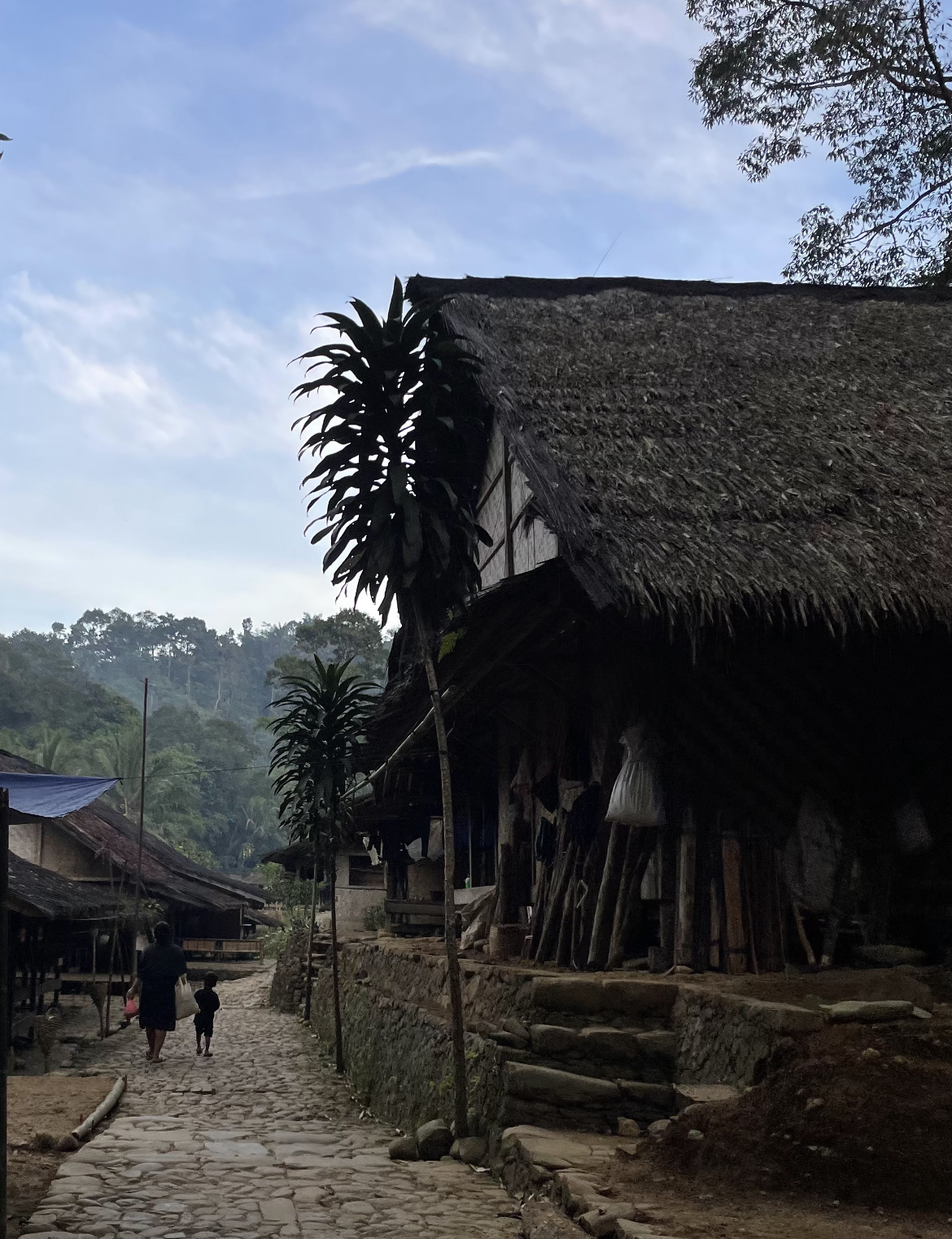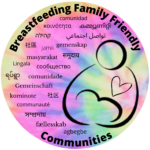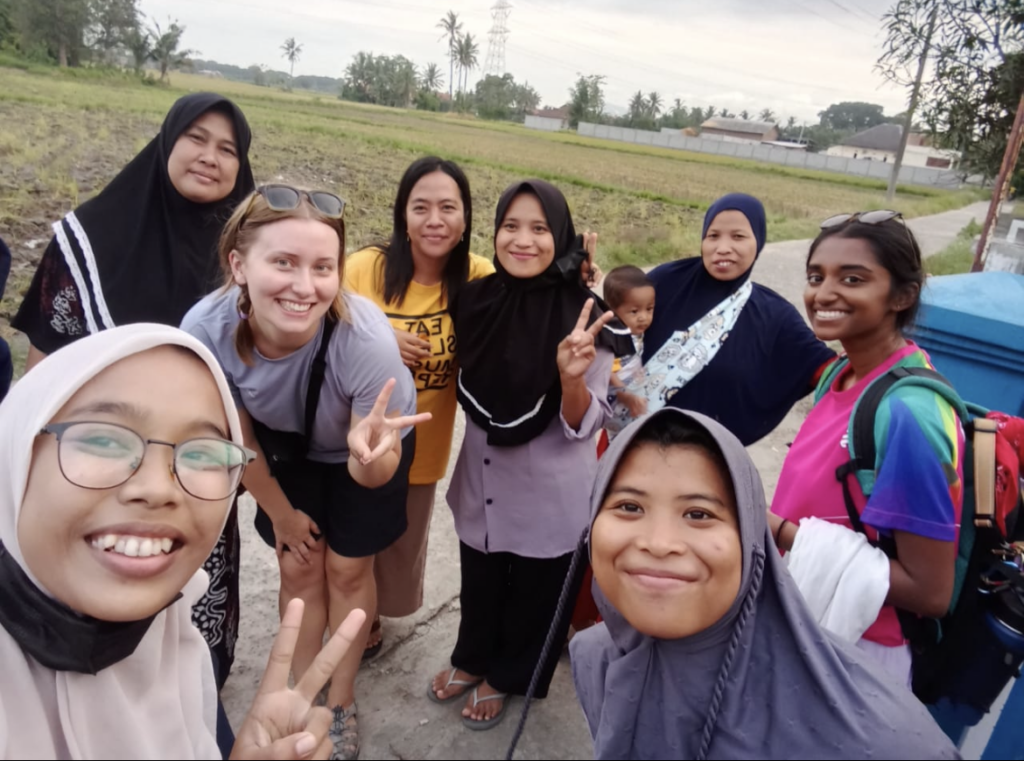In my last blog, which you can find here, I shared an anecdote featuring garlic as a natural remedy for lactation, which I learned through my thesis work this past summer in the rural villages of Tamil Nadu, India. As a recent graduate with my self-designed major titled, “Global Women’s Health in Asia: Culture, History, and Power,” I continued on to my next immersion in Asian culture in Indonesia this past semester. Using my previous India work as a pilot study, I met and interviewed traditional healers and mothers from both Bali and Java, two islands in Indonesia, to learn about Indonesian pregnancy, delivery, and postpartum experiences.

Before interviewing mothers, I interviewed traditional healers, otherwise known as dukuns, balians, or parajis, on herbal medications used for pregnancy, delivery, and postpartum. Specifically for breastfeeding, they spoke on traditional remedies for lactation stimulation and breast pain reduction. Two of the five healers I spoke to mentioned roasted peanuts to assist with lactation. To help with swollen breasts, the healers all shared that they massage the breasts using a hand-made leaf paste made with either citronella leaves, jackfruit leaves, or betel leaves. A bidan, or trained midwife, shared that she massages painful, tender breasts with coconut oil. Healers also recommended that mothers drink jamu, a traditional drink used to cure many types of ailments, throughout the pregnancy and postpartum periods. Recipes for jamu can vary but generally include turmeric, honey, ginger, and various medicinal herbs.
The mothers I interviewed also shared similar sentiments, recounting what they used during their breastfeeding journeys. Mothers agreed with points made by the healers; they ate roasted peanuts and drank jamu to help with breastfeeding and overall wellness. Two mothers informed me that they used gooseberry leaves to promote lactation.
“Another function of jamu is for breast milk so that it runs smoothly.”
“I ate roasted peanuts for breastfeeding.”
“Boiled gooseberry leaves are good for breastfeeding. I also ate betel leaves to…heal faster which I learned from my mother.”
Following the same approach as in my previous blog, I wanted to find scientific research to supplement what I had learned in Indonesia about peanuts. However, similar to what I ran into when researching garlic as an Indian remedy for lactation, there was minimal academic research around the topic of peanuts as a galactagogue. Despite the lack of research, I do again want to implore people to consider the value of ethnomedicine. Oftentimes, we overlook and even scoff at traditional remedies that are currently and have been used by women all around the world for centuries, replacing them with Western biomedicine. The empowering sharing of customs and traditions through the link of lactation over generations was something I found very enlightening throughout my interviews in Indonesia. Heading back this summer, I hope to share more!

